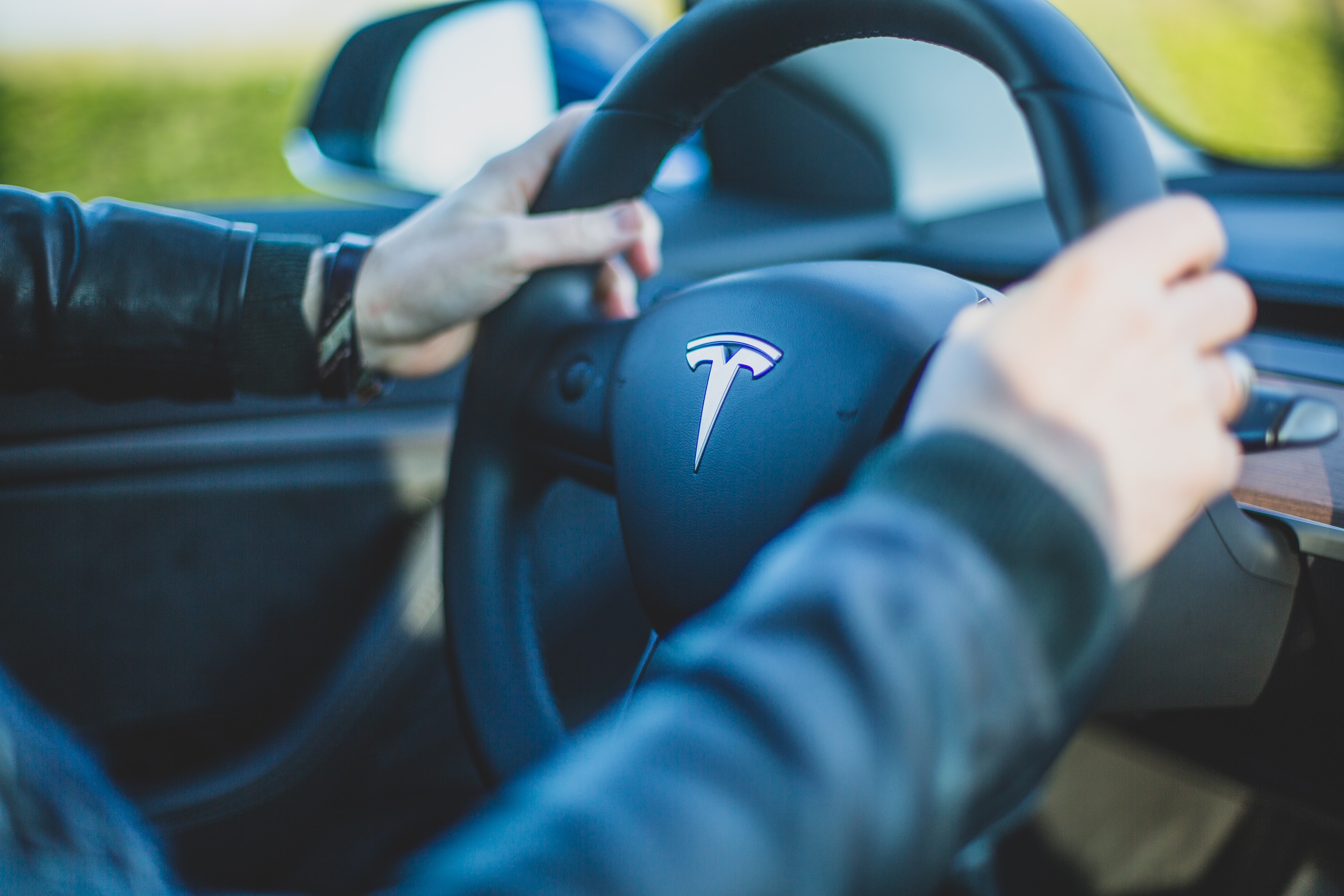Tesla has filed a defamation lawsuit against a popular Douyin user, Xiaogang Xuezhang, who has 14 million followers on the platform.
Xiaogang had posted two videos on Douyin on April 30, 2021, in which he tested the automated emergency braking (AEB) systems of a Tesla Model 3 and Xpeng P7. In these videos, Xiaogang said the Model 3’s AEB system failed to activate two out of three times, leading to collisions. Tesla said the data was fabricated and tarnishes the brand’s reputation among consumers.
Tesla’s China division confirmed to several media outlets on January 26 that it is taking legal action against Xiaogang, who took down both Douyin videos on February 1.
Nonetheless, before Xiaogang’s clips were taken offline, they went viral and received more than 500,000 likes in total. The videos’ popularity also led to scrutiny by other automobile-focused influencers and Tesla owners. Some noticed a rising kinetic energy bar reading on Xiaogang’s Model 3 dashboard, which suggests he was accelerating, rather than braking, before the collisions.
Xiaogang posted a separate video on Douyin to say he had conducted the test multiple times, insisting on the results’ authenticity. He also accused Tesla of sharing his personal information and paying for media exposure to generate attention for the lawsuit. “On the surface, it looks like Tesla is suing me. In fact, it’s making an example of me,” Xiaogang said in the video.
The brake function of Tesla’s vehicles is a constant point of contention among Chinese car buyers.
In April 2021, a woman staged a protest at the Shanghai Auto Show after she was involved in a car accident. She said the Tesla vehicle she was traveling in experienced a brake failure, leading to a collision. The woman said she is being sued by Tesla for defamation and faces a claim of RMB 5 million (USD 700,000) in damages.
